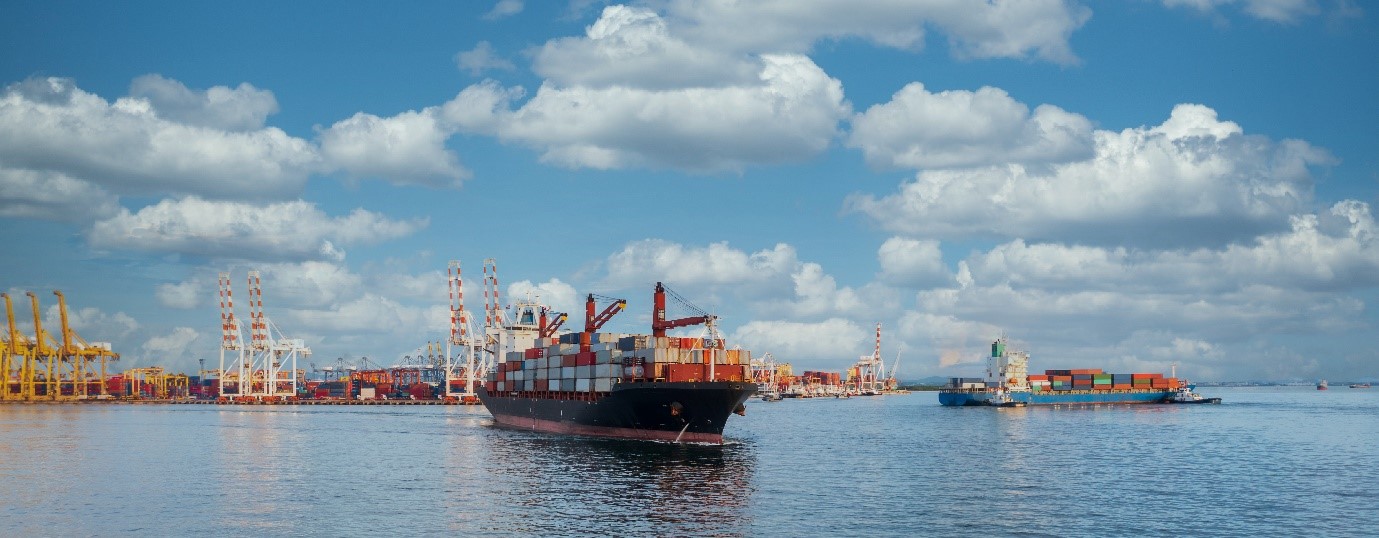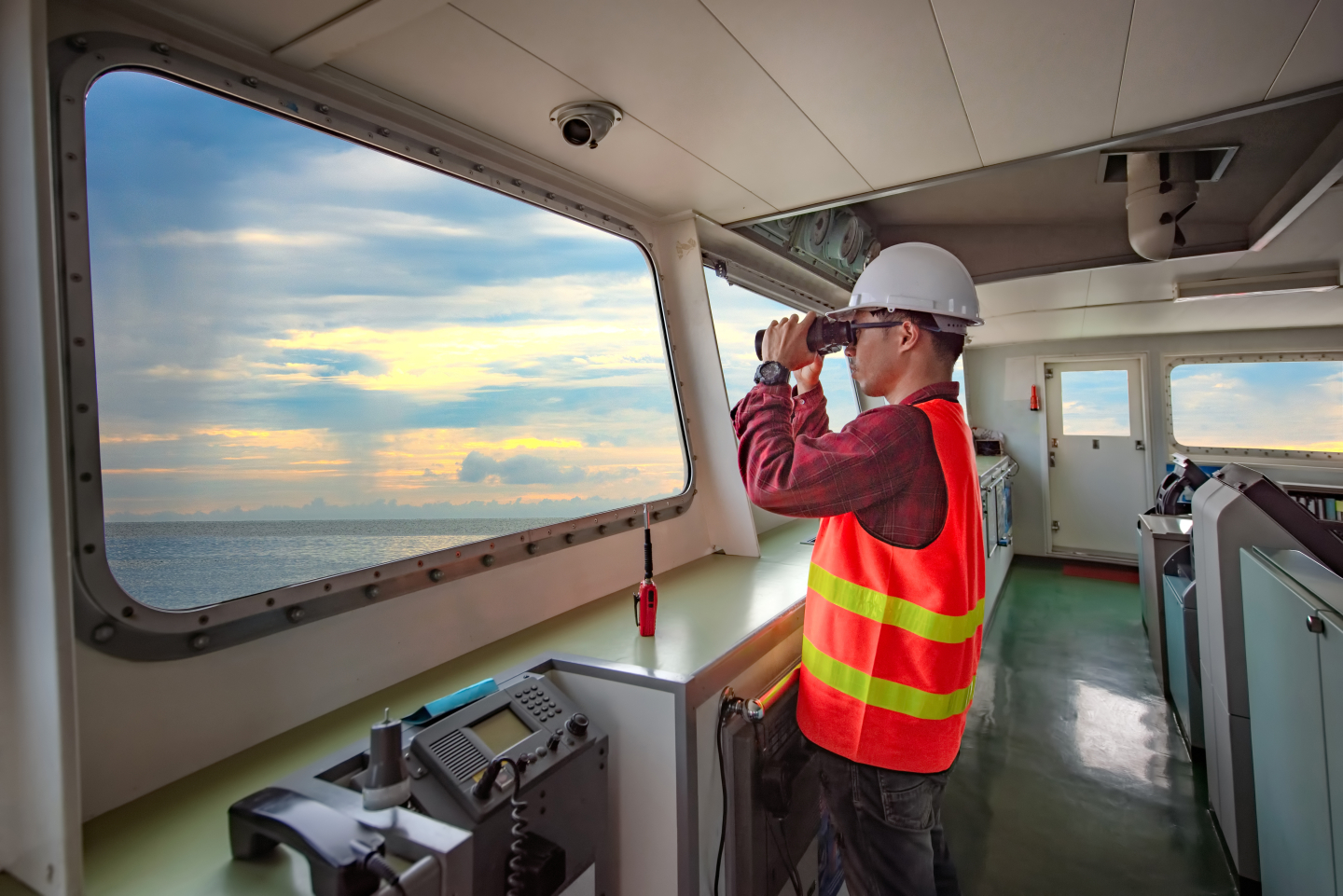In the ever-evolving landscape of environmental sustainability, the International Maritime Organization (IMO) has set a bold target: Net Zero by 2050 (see figure 1).

Figure 1. – IMO GHG strategy
The Challenge
The maritime industry is a critical player in global trade and transportation. However, the sector's reliance on fossil fuels has raised concerns about its impact on the environment. To address this, the IMO has laid out a comprehensive strategy to reduce greenhouse gas (GHG) emissions, aiming for Net Zero by 2050. Achieving this goal necessitates a radical transformation in the way maritime operations are conducted.

The Marlin Application Suite: A Beacon of Sustainability
Enter the Marlin Application Suite, our cutting-edge software solution tailored to support organizations in aligning with the IMO's Net Zero strategy.
The Marlin Application Suite is more than just a tool; it's a comprehensive approach to sustainability that empowers maritime organizations and their users to make informed decisions, streamline operations, and reduce their carbon footprint.
A look at the key Marlin Application Suite approaches that can support Net Zero 2050:
- Material Management
- Efficient cargo management can reduce the need for additional voyages, optimizing the use of vessel capacity, and minimizing fuel consumption per ton of cargo transported.
- Route Optimization
- Optimize vessel routes, considering factors such as fuel efficiency, weather conditions, and emissions. By choosing the most eco-friendly routes, organizations can significantly reduce fuel consumption and associated emissions. This optimization can contribute to reducing the overall carbon footprint of maritime operations.
- Performance Monitoring
- Monitor the performance of vessels in real-time, identifying inefficiencies and providing insights for optimizing fuel consumption. This, in turn, helps reduce greenhouse gas emissions.
- Non-Productive Time (NPT)
- Improved planning and scheduling can minimize the vessel's non-productive time, resulting in reduced waiting periods and less fuel consumption during dynamic positioning than initially anticipated. This optimization can be beneficial.
- Contract Management Performance
- Establish key performance indicators (KPIs) to evaluate vessel performance systematically. These benchmarks can be used to measure and compare the efficiency of different vessels, enabling better contract negotiations and guiding future procurement decisions.
- Technology Integration
- The integration of advanced technologies is a key element of The Marlin Application Suite, where our teams are tuned into connecting with other technologies to support the clients’ overall goals.
Benefits of Choosing the Marlin Application Suite
- Cost Savings
- The Marlin Application Suite not only contributes to environmental sustainability but also translates into cost savings for organizations.
- Reduced fuel consumption, optimized routes,
- Leads to tangible financial benefits.
- Enhanced Reputation
- By embracing sustainable practices with the Marlin Application Suite, organizations can enhance their corporate image and meet the growing demand for environmentally responsible business practices. This can be a crucial factor in attracting environmentally conscious partners and customers.
- Future-Proofing Operations
- The maritime industry is evolving, and regulatory requirements are becoming more stringent. The Marlin Application Suite helps organizations future-proof their operations by staying ahead of environmental regulations and proactively adopting sustainable practices.
Conclusion
As the maritime industry sets sail towards a more sustainable future, the Marlin Application Suite stands as a beacon of innovation and responsibility. Our software solution not only helps organizations meet the IMO's Net Zero by 2050 strategy but also positions them as leaders in environmental stewardship.

Discover Marlin application suite
Embrace the Marlin Application Suite and navigate towards a greener, more sustainable tomorrow.
